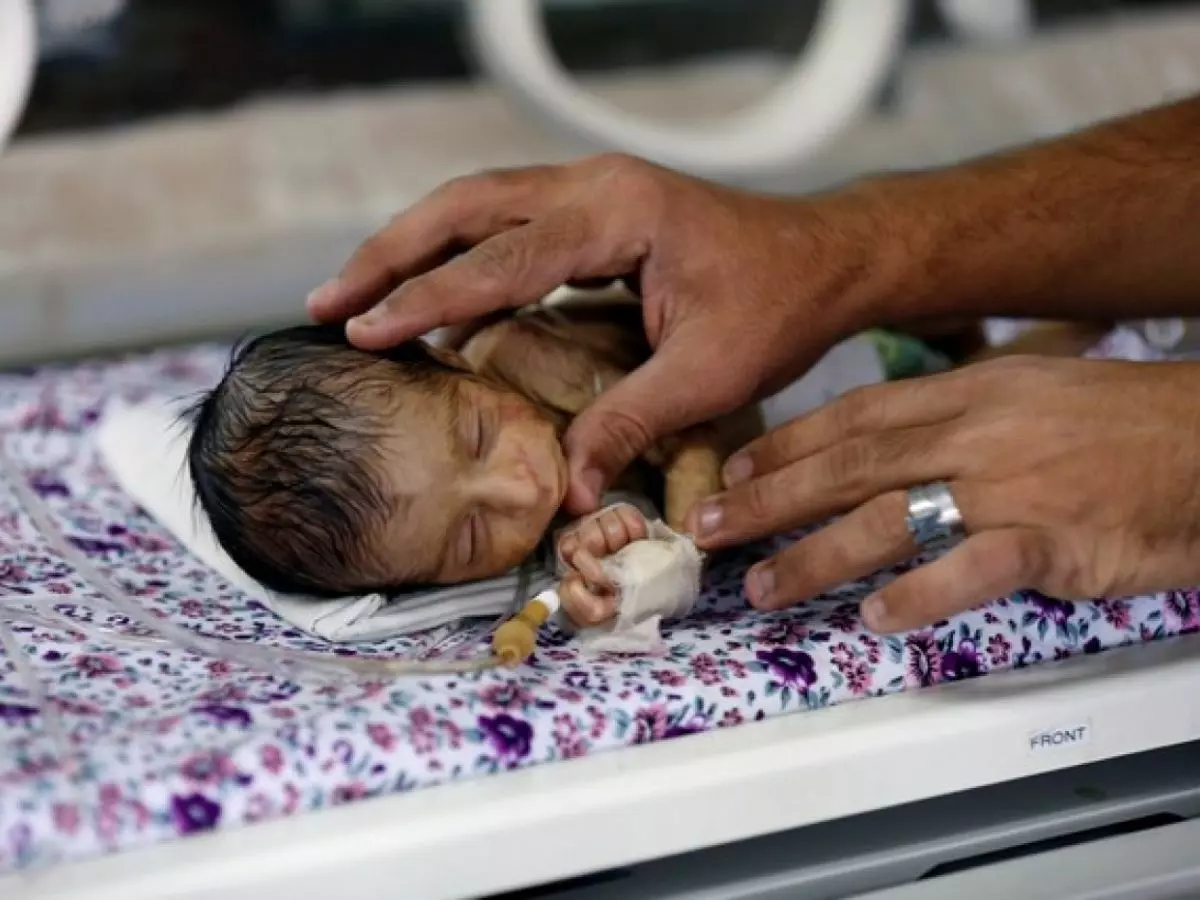World's First Artificial Womb Can Now Save Lives Of Extremely Premature Babies Born In 6 Months
Medical science is reaching new heights in the field of child conception and pregnancy. A recent study reveals that an extremely premature child can healthily grow in an artificial womb. Researchers have published the study in the American Journal of Obstetrics And Gynecology AJOG.

Medical science is reaching new heights in the field of child conception and pregnancy.
And a recent study reveals that an extremely premature child can healthily grow in an artificial womb.

Reuters
Recently Reported by ANI, Researchers have published the study in the American Journal of Obstetrics And Gynecology (AJOG) that revealed the first-ever data pertaining to artificial placenta-based life-support platform to maintain extremely preterm lamb foetuses, similar to human foetuses at around 24-weeks of gestation.
According to WIRF's Prenatal Research Lab's head and local chief investigator Associate Professor Matt Kemp, previous researches had revealed the feasibility of survival of late preterm foetuses, using artificial placenta technology, however, there was no evidence for the use of this technology for extremely preterm foetuses, which this technology is specifically designed for.
He said, "For several decades, there has been little improvement in outcomes of extremely preterm infants born at the border of viability (21-24 weeks gestation). In the AJOG study, we have proven the use of this technology for extremely preterm infants born at the border of viability. In the world of placenta technology, we have effectively broken the 4-minute mile."
He also states that the recent findings stand for a crucial milestone in the technology's future implementation into clinical use.

Reuters
According to him, this technology was designed to revolutionise the treatment of severely extremely premature newborns. The end-goal was to offer a viable solution between the natural womb and the world outside that could help babies grow in their early age and give them adequate time to develop their lungs which were otherwise in a very fragile state and require completely different treatment when compared to older preterm infants.
He feels that what we're currently sensing as futuristic could be something really standard in the coming days. A positive outcome in this research could considerably help the parents while improving the life of premature babies as well.
